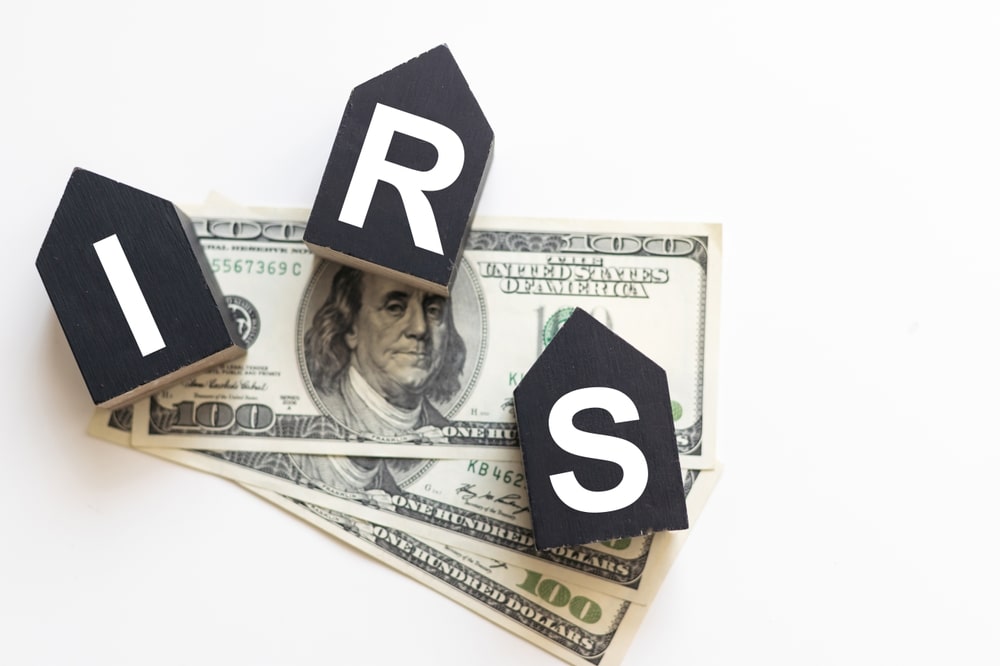
IRS Debt Payment: How to Pay Off Tax Debt the Right Way
IRS Debt Payment Plans and Relief Options Explained
IRS debt payment doesn’t have to be confusing or overwhelming. If you owe back taxes, the IRS provides several tools and programs to help you resolve your balance. Whether you’re paying in full or setting up a monthly plan, it’s important to act quickly to avoid penalties, interest, or enforced collection.
Ways to Make an IRS Debt Payment
The IRS makes it fairly easy to submit payments once you know your total balance due. Here are the most common methods taxpayers use.
Direct Pay Through the IRS Website
IRS Direct Pay is a secure way to make payments directly from your checking or savings account. It’s free, fast, and provides immediate confirmation. This method works well for one-time payments or estimated taxes.
Paying with Debit/Credit Cards or EFTPS
You can also pay using a debit or credit card through IRS-approved third-party processors, though they charge a convenience fee. Businesses and individuals may use the Electronic Federal Tax Payment System (EFTPS) for recurring payments or payroll tax deposits.
Applying Payments to Specific Tax Years
When making a payment, you can apply it to a specific year or tax form. This is helpful if you’re managing multiple years of tax debt and want to address the most urgent liability first.
IRS Payment Plans and Installment Agreements
If you can’t pay your full tax bill at once, the IRS offers structured installment agreements to spread out your debt over time.
Short-Term vs. Long-Term Plans
- Short-term plans are for balances under $100,000 and must be paid in 180 days or fewer.
- Long-term installment agreements can last up to 72 months for larger debts.
Both options require you to be current on all tax filings. You can apply online through the IRS Online Payment Agreement tool.
Fees and Interest During Installments
Although payment plans prevent more severe IRS action, interest and penalties still accrue until the balance is paid. Setup fees vary depending on whether you pay by automatic withdrawal, check, or card.
Alternative Options to Settle IRS Tax Debt
If you can’t afford a standard payment plan, the IRS offers additional solutions for those facing financial hardship.
Offer in Compromise (OIC)
An Offer in Compromise allows you to settle tax debt for less than you owe. The IRS considers your ability to pay, income, expenses, and asset equity. It’s difficult to qualify, but if accepted, it offers permanent relief.
Currently Not Collectible (CNC) Status
Taxpayers with no ability to pay may qualify for Currently Not Collectible status. The IRS will temporarily suspend collections, although the debt continues to accrue interest.
Partial Payment Installment Agreements
A less common solution, this plan allows you to make smaller payments over time that don’t fully cover your balance. The IRS may forgive the remaining debt after a period of consistent partial payments.
How to Avoid Penalties and IRS Collections
Ignoring your tax debt can lead to aggressive IRS actions like wage garnishment, tax liens, or even seizure of assets. Here’s how to stay ahead.
Importance of Staying Current on Filings
Always file your returns on time, even if you can’t pay. This helps reduce penalties and keeps you eligible for payment plans or settlement programs.
Consequences of Ignoring IRS Debt
Unpaid tax debt can trigger liens on property, levies on bank accounts, or garnishment of wages. The longer you wait, the more serious the consequences become.
Steps to Prevent Wage Garnishment or Liens
To stop enforced collections, set up a payment plan or contact a tax professional immediately. Consider a free case review if you’re unsure where to begin.
Choosing an IRS Debt Payment Solution
The appropriate IRS debt payment strategy depends on your total balance, income, and financial situation. Some people pay off their debt quickly to stop penalties. Others use payment plans or apply for relief options if they’re experiencing financial hardship. The most important thing is to avoid inaction, because IRS debt never disappears on its own.
Resolve Your IRS Debt Payment with Trusted Help
If you’re overwhelmed by your IRS balance and not sure what steps to take, professional support is available. Our team connects you with experienced tax attorneys and enrolled agents who can:
- Help you understand available resolution options
- File IRS forms and payment plans correctly
Frequently Asked Questions
1. What’s the fastest way to pay IRS debt?
Using IRS Direct Pay online with a bank account is the fastest, free, and most secure method.
2. Can I pay IRS debt in installments?
Yes. The IRS offers short-term and long-term payment plans based on how much you owe.
3. Will the IRS reduce my total debt if I can’t pay?
Possibly. Programs like Offer in Compromise allow you to settle for less if you qualify.
4. What happens if I don’t pay my IRS debt?
The IRS can garnish wages, freeze bank accounts, and place liens on your property.
5. Can I make IRS debt payments online?
Yes. Payments can be made via Direct Pay, debit/credit card, or EFTPS.
Key Takeaways
- IRS debt payment plans help taxpayers avoid penalties and stay compliant.
- Direct Pay and EFTPS are fast, secure ways to send payments.
- Long-term installment agreements are available for larger debts.
- Relief programs may lower your payment or pause collections.
- Act early to avoid liens, levies, or wage garnishment.
Free Tax Case Review
If you are struggling with tax debt or have received a letter from the IRS complete the form below.Attorney Advertising. This site is a legal marketing service and does not provide legal advice. Submitting information does not create an attorney-client relationship. Results are not guaranteed.
IRS Audit
You received an audit notice from the IRS
Tax Debt Relief
You owe the IRS money and are looking for relief options
Wage Garnishment
The IRS is taking part of your wages to pay off your debt
Tax Lien
The IRS put a legal claim on your property
IRS Property Seizure
The IRS is going to take your property to pay down or pay off your tax debt
Penalty Abatement
You want to request to remove or reduce penalties assessed by IRS
Innocent Spouse Relief
Relief from joint tax debt caused by your spouse or former spouse
Tax Debt FAQ
Common facts, questions and answers about tax debt and tax debt reilef
Tax Debt Lawyer
A tax debt lawyer can help you with your tax debt problems
Recent Posts
- What Are the Four Types of Innocent Spouse Relief? | Your Complete Guide
- What Are the Four Types of Innocent Spouse Relief Forms | Complete IRS Documentation Guide
- Who Is Responsible for IRS Debt in a Divorce? | Understanding IRS Tax Liability After Divorce
- How Much Can You Pay Your Spouse Tax Free? | IRS Rules Explained
- What’s the Difference Between Injured Spouse Relief and Innocent Spouse Relief?



